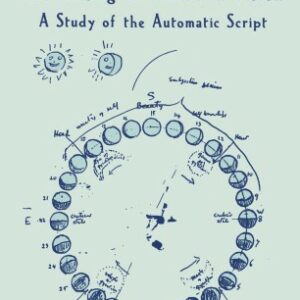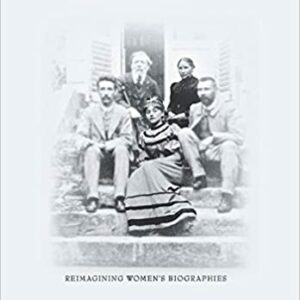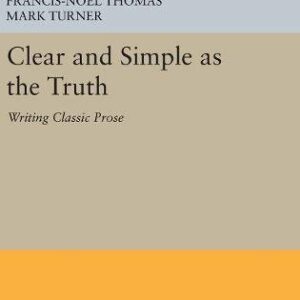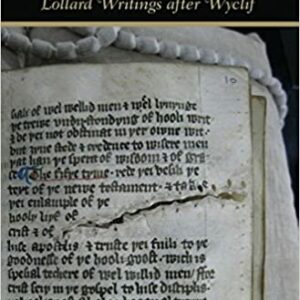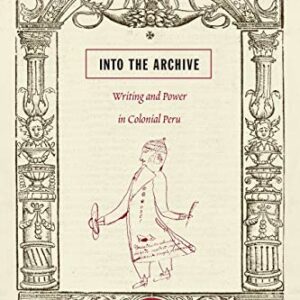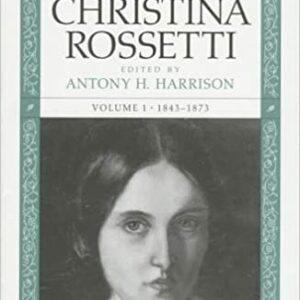
The Letters of Christina Rossetti. Vol. 1, 1843-1873
Edited by Antony H. Harrison (NHC Fellow, 1981–82) Christina Rossetti (1830–1894) has come to be considered one of the major poets–not just one of the major women poets—of the Victorian era, eclipsing her famous brother. Leading critics have demonstrated how studies of Rossetti’s work, her daily life, her relationships with the Pre-Raphaelites, and her interactions … Continued
